News and features
Read the latest news and features about our world-leading research, discoveries, fundraising and philanthropy. If you want to keep updated on our news, you can follow us on social media or sign up for our Search newsletter.
If you’re a journalist and want to find out more, you can contact our media relations team.

New ‘mutation-tracking’ blood test could predict breast cancer relapse months in advance
Scientists have developed a blood test for breast cancer to spot patients will suffer a relapse after treatment, months before tumours are visible on hospital scans.

ICR among the world’s most innovative universities in new league tables
The ICR is the joint top institute in the world in the proportion of its academic papers cited in patent applications.
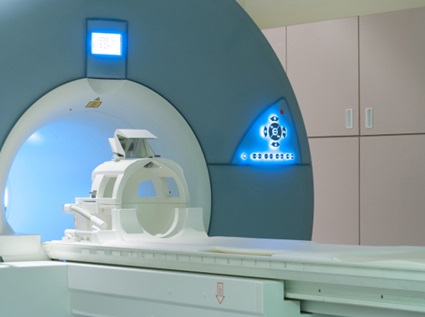
Imaging probe outperforms the best external detector for early cervical cancer
An endovaginal magnetic resonance imaging technique is more accurate at detecting early-stage cervical cancer than the best widely available method.
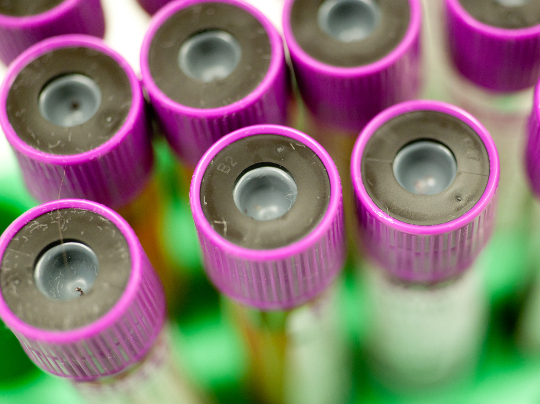
Genetic test could improve blood cancer treatment
As few as nine genetic features would need to be tested to help doctors identify patients at risk of developing more aggressive disease.

ICR competes in University Challenge for the first time
Four students from The Institute of Cancer Research, London, will be hoping to answer their ‘Starter for 10’, as they spearhead the organisation’s first ever appearance on the BBC quiz programme University Challenge.
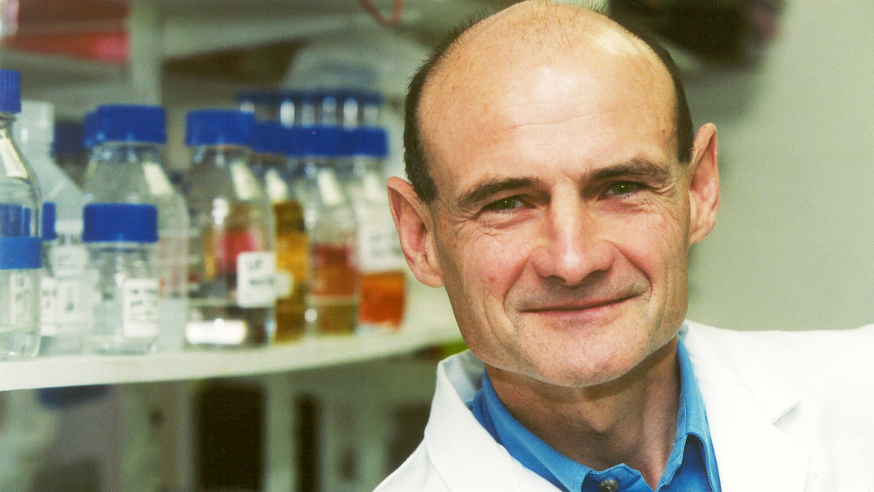
Professor Chris Marshall, 1949–2015
Professor Chris Marshall, who has very sadly died aged 66, was an inspirational scientist who will leave a lasting legacy of game-changing discoveries in cancer research and generous support for his younger colleagues.

ICR mourns loss of Research Director Professor Chris Marshall
It is with great sadness that we confirm that Professor Chris Marshall, inspirational scientist and esteemed colleague, friend and mentor, has died.
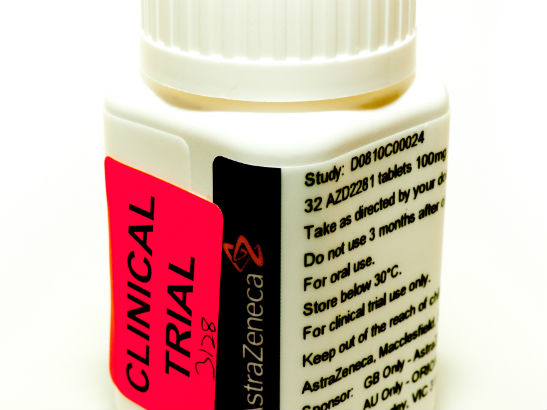
Professor Paul Workman comments on further draft guidance for olaparib
Professor Paul Workman, Cheif Executive of the ICR has commented on today’s decision on olaparib for women with BRCA mutated ovarian cancer in further draft guidance from NICE.

Creative types
In the fifth and final essay short-listed for the ICR's Mel Greaves Science Writing Prize 2015, Dr Chris Tape discovers what it's like to communicate science to millions of people.

Lucy’s Gratitude Walk to raise funds for the ICR
Lucy O'Donnell, a mother of three teenagers, and her friend Lucinda will walk the South Downs Way in support of the ICR.

Professor Kevin Harrington to star in BBC2’s Trust me, I’m a Doctor
The ICR’s Professor Kevin Harrington is to feature in the BBC2 programme Trust Me, I’m a Doctor on Wednesday 29 July.
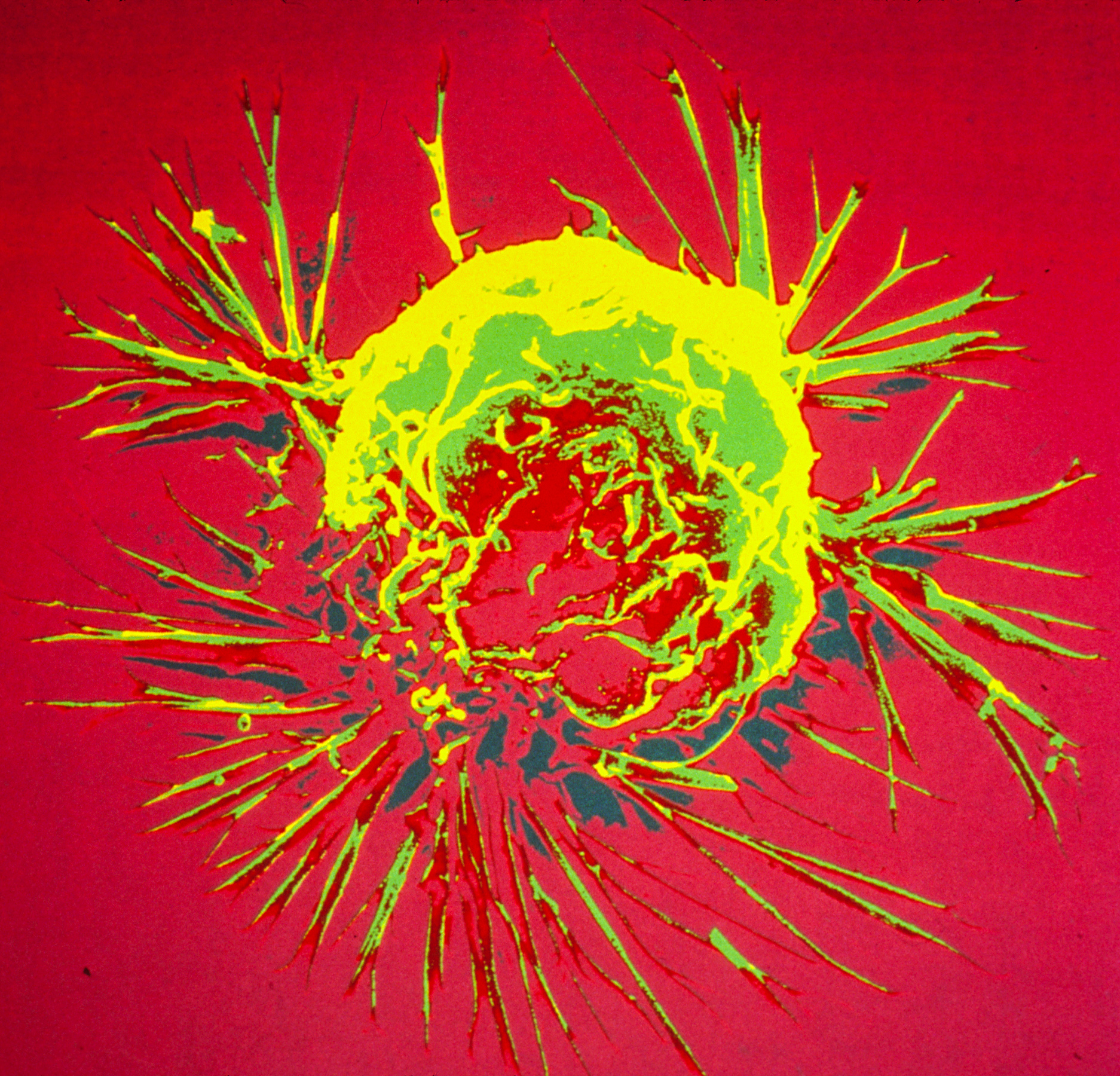
Drugs for worms and river blindness could treat breast cancer
Cheap drugs which treat parasitic worms and conditions such as river blindness could be used for women with a type of breast cancer that often fails to respond to standard therapies.
